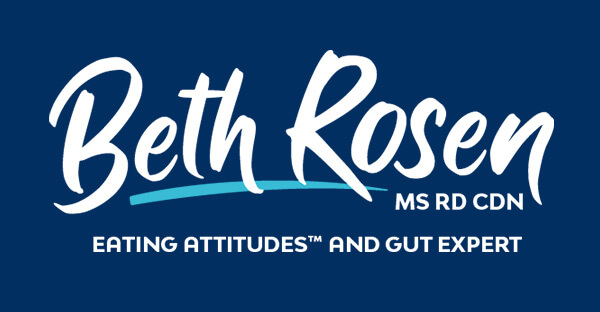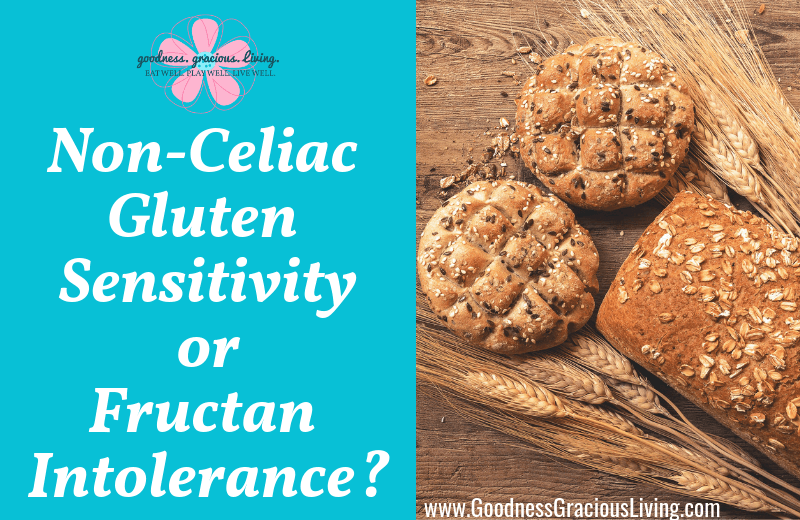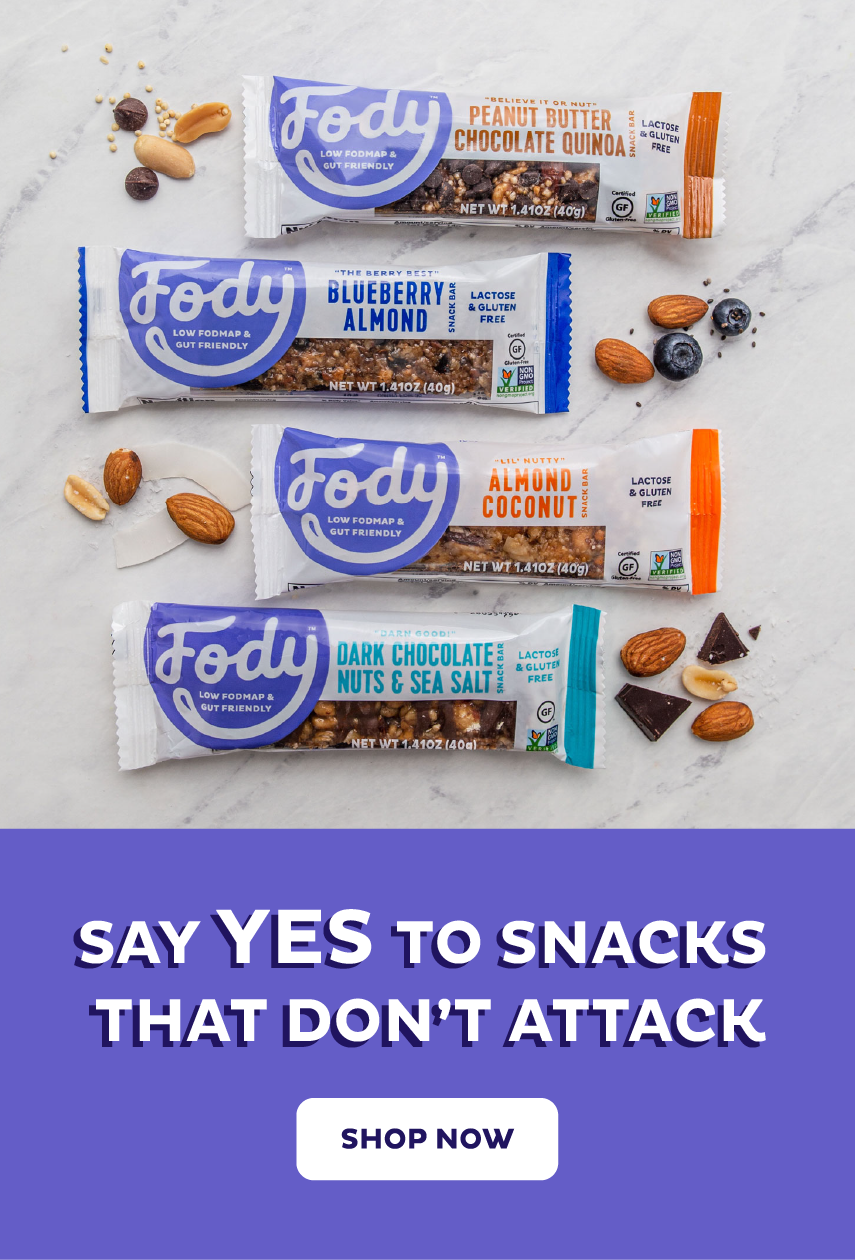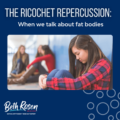How to document and explain your IBS for the best medical care.
Non-Celiac Gluten Sensitivity or Fructan Intolerance?
You’ve ruled out Celiac disease and were diagnosed with Non-Celiac Gluten Sensitivity, but what if it’s something else? Could your belly and gut health issues be more than you think?
Gastrointestinal issues, when not managed, can impact our quality of life. Many healthcare providers will begin their diagnostic exploration by ruling out Celiac Disease – an autoimmune disease triggered by the ingestion of gluten, which is a protein found in wheat, rye, barley and spelt. Once Celiac Disease is ruled out, many providers will label the gastrointestinal discomfort after eating a gluten-containing grain as Non-Celiac Gluten Sensitivity (NCGS).
NCGS can trigger similar symptoms as Celiac – gas, bloating, diarrhea, joint pain, brain fog, etc – but someone with NCGS who eats a gluten-containing food will not have an autoimmune response to damage done their intestinal tract as someone who has Celiac will experience. Many who are diagnosed with NCGS may also be diagnosed with Irritable Bowel Syndrome as well. But what if the issue is not Non-Celiac Gluten Sensitivity but something else?
Back in 2010, I had a “stomach bug” that I just couldn’t kick. After a trip to the ER, countless tests, one allergist, one urologist, one gynecologist, and three gastroenterologists (TMI?), I was diagnosed with Post-Infectious IBS from a c. difficile bacterial infection that subsequently led to a number of other diagnoses, including Non-Celiac Gluten Sensitivity.
After following the low-FODMAP diet, I got to thinking about how my reaction to gluten-containing foods list wheat and barley may not be due to their gluten content but to something else.
The Something Else
That something else might be a fructan intolerance. Fructans are a fermentable carbohydrate found in wheat, rye, and barley and are a part of the oligosaccharide category of FODMAPs (Fermentable, Oligosaccharides, Monosaccharides, Disaccharides, and Polyols.) During the elimination phase of the low-FODMAP diet, these-fructan containing grains, are avoided or consumed in very small amounts. If someone with a diagnosis of NCGS goes on the low-FODMAP diet for treatment of IBS or Small Intestinal Bacterial Overgrowth (SIBO), they will still need to avoid some foods that are low-FODMAP but contain gluten. Some of these foods include the following examples:
- Sourdough bread
- Seitan
- Soy Sauce
- Spelt
It is possible, however, that the diagnosis of NCGS may not be accurate, or that gluten may not be the only intolerance to food. If using the low-FODMAP diet as a tool to further reduce GI discomfort is effective, then gluten may not have been the issue, it may have been the fructans.
In an effort to expand your food repertoire, you may consider testing your NCGS by challenging some of the foods that contain gluten but are low in fructans during the reintroduction phase of the low-FODMAP diet.
If you are able to tolerate sourdough bread (made from a starter), then you may be able to tolerate gluten, but not tolerate high levels of fructans from gluten-containing grains or from other foods that contain fructans like garlic and onions. However, if you are not able to tolerate gluten-containing foods that are low in fructans, then your NCGS is accurate.
It is possible to have a gluten sensitivity and a fructan intolerance.
I hope that you will take this information and, if the time comes, advocate for yourself to figure out what’s going on with your body when it doesn’t feel well.
As with all dietary interventions, I recommend you seek the help of a Registered Dietitian before making any changes to your eating pattern.
If you are looking to find the answers to your gut health issues you can start by being ready with your story! Download this free Tell Your Story Template and have all of your gut health information in one place so that your doctors know your whole gut health story, and you can get diagnosed and treated quickly. Click here to grab your copy today. Take charge of your care and get the support you need to become symptom-free!

Beth Rosen
Eating Attitudes™ & Gut Expert
Beth Rosen, MS, RD, CDN is a Registered Dietitian and owner of Beth Rosen Nutrition. She practices a non-diet philosophy and is a Health at Every Size" practitioner. Her goal is to end the pain of diet culture, one person at a time. Beth's techniques and programs empower chronic dieters, and those who consider themselves emotional and /or stress eaters, to ditch the vicious cycle of dieting, eat fearlessly by removing Food and diet rules, and mend their relationship with food and their bodies. Beth's works face-to-face with clients in Southbury, CT, and virtually with clients, worldwide.






